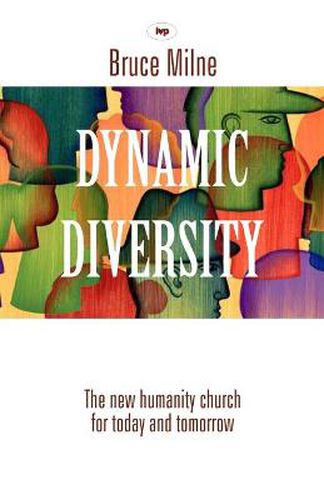Readings Newsletter
Become a Readings Member to make your shopping experience even easier.
Sign in or sign up for free!
You’re not far away from qualifying for FREE standard shipping within Australia
You’ve qualified for FREE standard shipping within Australia
The cart is loading…






This title is printed to order. This book may have been self-published. If so, we cannot guarantee the quality of the content. In the main most books will have gone through the editing process however some may not. We therefore suggest that you be aware of this before ordering this book. If in doubt check either the author or publisher’s details as we are unable to accept any returns unless they are faulty. Please contact us if you have any questions.
From the footpaths of our cities to the chat rooms of the Internet, people are connecting today as never before. As the planet shrinks through the multiple forces of immigration, travel, electronic communication and more fluid employment patterns, we will find ourselves increasingly forced into contact with those who are significantly different from ourselves. Sadly however, the stranger is often a threat to be resisted rather than a friend to be embraced. In this context of in-your-face diversity, it is time to revisit the heart of the New Testament, with its claim that in Jesus Christ a new quality of human relationship is possible. In his letter to the Ephesians, the apostle Paul claims that Christians are a new kind of people, part of a new community: a ‘new humanity’ in Christ (Ephesians 2:15). We exist not in isolation, but in relationship. ‘Dynamic Diversity’ contends that all Christian congregations everywhere are called to be bridging places, centres of reconciliation, where the major diversities separating human beings are overcome through the presence of God’s Holy Spirit. Bruce Milne presents a biblical model for today and tomorrow where the diversities of gender, generation, ethnicity, colour and socio-economic status present exciting and challenging opportunities to demonstrate practical oneness. When this happens, churches become wonderfully alive. In Christ we can be one people, one new humanity, one life.
$9.00 standard shipping within Australia
FREE standard shipping within Australia for orders over $100.00
Express & International shipping calculated at checkout
This title is printed to order. This book may have been self-published. If so, we cannot guarantee the quality of the content. In the main most books will have gone through the editing process however some may not. We therefore suggest that you be aware of this before ordering this book. If in doubt check either the author or publisher’s details as we are unable to accept any returns unless they are faulty. Please contact us if you have any questions.
From the footpaths of our cities to the chat rooms of the Internet, people are connecting today as never before. As the planet shrinks through the multiple forces of immigration, travel, electronic communication and more fluid employment patterns, we will find ourselves increasingly forced into contact with those who are significantly different from ourselves. Sadly however, the stranger is often a threat to be resisted rather than a friend to be embraced. In this context of in-your-face diversity, it is time to revisit the heart of the New Testament, with its claim that in Jesus Christ a new quality of human relationship is possible. In his letter to the Ephesians, the apostle Paul claims that Christians are a new kind of people, part of a new community: a ‘new humanity’ in Christ (Ephesians 2:15). We exist not in isolation, but in relationship. ‘Dynamic Diversity’ contends that all Christian congregations everywhere are called to be bridging places, centres of reconciliation, where the major diversities separating human beings are overcome through the presence of God’s Holy Spirit. Bruce Milne presents a biblical model for today and tomorrow where the diversities of gender, generation, ethnicity, colour and socio-economic status present exciting and challenging opportunities to demonstrate practical oneness. When this happens, churches become wonderfully alive. In Christ we can be one people, one new humanity, one life.